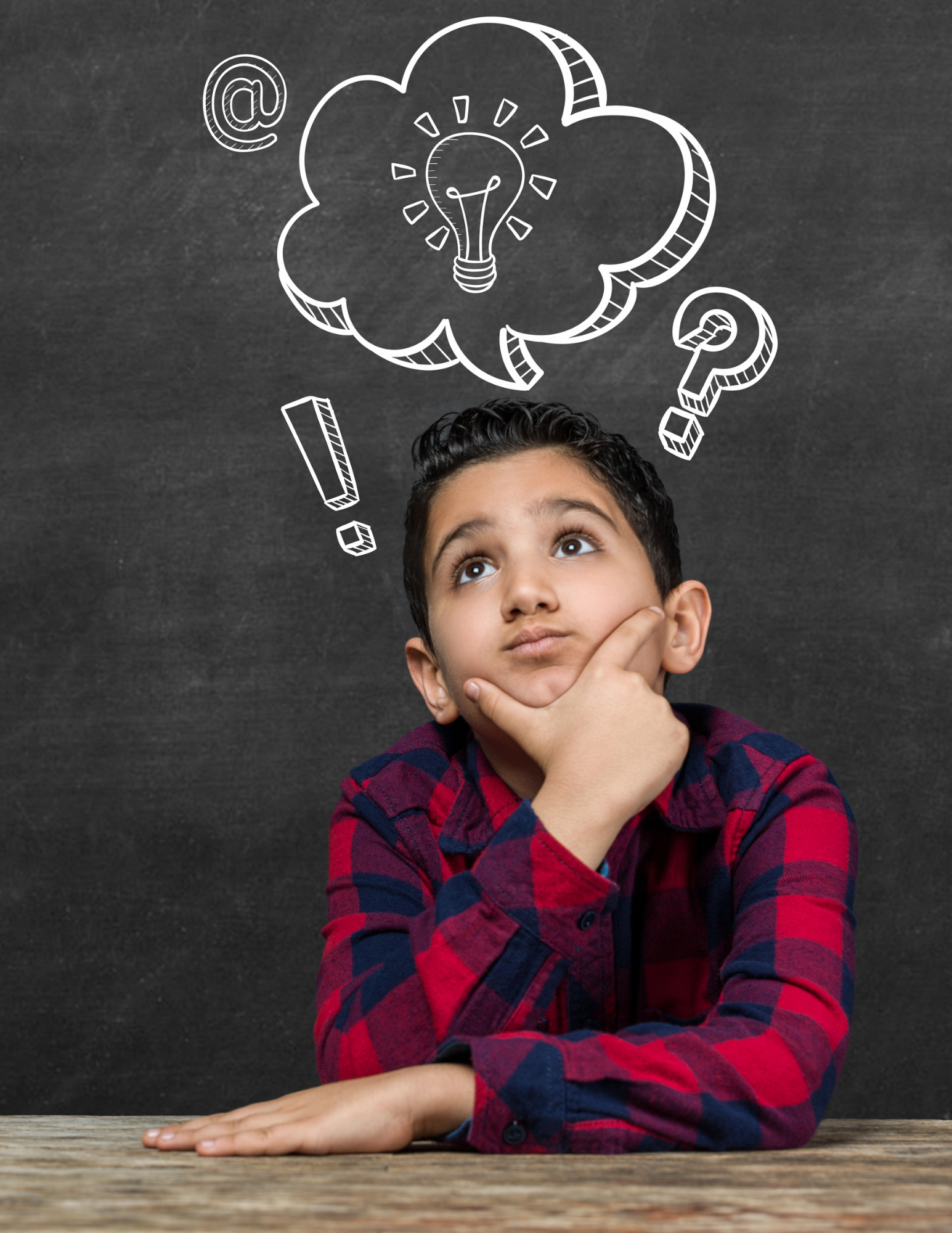Imagery and Visualization
How this versatile mental skill benefits performance
There’s a reason it’s one of the most popular mental skills among pro athletes.
Although you’ll hear the terms imagery and visualization used interchangeably, I prefer the term mental training.
Mental training is the process of creating or recreating an experience in your mind. This may include:
Reflecting on your performance from the day before
Planning how you want to execute a strategy in preparation for a game
Imagining what it will feel like to stand on the championship podium
There are plenty of other applications; you’re probably familiar with using this tool in other ways, even if you didn’t know there was a name for it.
I’ll go over some essential components to your mental training practice that will up your mental gains.
—
Now, why do I prefer the term mental training over imagery and visualization? Because the best practice involves multiple senses, not just what you see.
When you close your eyes to mentally prepare or practice something, the “imagined sight” is strong, and tricks the brain into experiencing what you’re thinking about almost like it’s happening for real.
Really powerful stuff! However, this effect is even stronger when more senses are involved, allowing it to feel even more real. The results - more mental gains in each mental training session.
Let’s say you have a big playoff game coming up, and you can’t stop thinking about it. You lay down (or sit upright) to go through a 5 minute mental training session. Here’s what it may look like involving multiple senses.
(Sight) From the 1st person point of view (like there’s a camera in my eyes) I imagine walking out to the field and seeing the whole crowd. I scan the field exactly how I’ll be seeing it when the real time comes. I envision what it will look like during the game as I go through my routine plays - who am I facing and what am I seeing myself do?
(Touch) As I walk out to the field, I can feel the unique equipment I’m wearing. I feel my footwear, the stick or ball I’ll be playing with, and the way my helmet and gloves feel on my skin. I imagine the sensation of my feet touching the grass or court. Lastly, I remember what it feels like to run, execute my shot, and anything else I’ll be doing throughout the game.
(Hearing) Throughout my walk onto the field, I hear the cheers, laughter, and sounds of the crowd. I imagine the noise of my equipment rattling around my body, and what it sounds like as my skates carve into the ice. I hear the pump-up speech from my coach and teammates before the game starts. The heavy breathing after a hard-working shift also rings in my ears as I continue my mental training.
These 3, in my opinion, are the most effective senses to engage in during your mental training. Let’s go over the other 2 senses, but keep in mind that including sight, touch, and hearing are a priority if you have trouble engaging all of the senses.
(Taste) Before I walk out of the locker room, I take one last swig of my drink and feel it quench my thirst. As I finish my warm-up routine, the sweat runs down my face into my mouth. During the race, I sense all of the particles in the air find their way into my taste buds.
(Smell) Lining up with my team before we march out onto the field, the stench of our equipment, sweat, and the stadium’s aroma fills my nose. As I grab my bat, I smell the familiar scent that comes with each practice and game.
The more vivid your experience in mental training, the more benefit you’ll feel as you cement those neural pathways. Activating the senses is an excellent way to leverage this hack.
One last disclaimer before you improve your mental training practice. Just like many sport psychology skills you’ll add to your mental game toolkit, this is a skill. It will be difficult, especially in the beginning, to focus on this experience the whole time. You will get distracted, but don’t worry! Just notice that you’re distracted, then come back to what you’re imagining. Over time, you’ll notice yourself becoming better at this practice, getting more out of it in less time.
Interested in personalized sport psychology training? Schedule a free call with me to learn more by clicking here!

